Journey Through Nutrition: Top 15 Ways to Maintain Your Health While on the Move
The modern world is always on the go, and maintaining a healthy diet can be a challenge when life is in constant motion. However, good nutrition needn't be sacrificed for convenience. This guide will take you on a journey through nutrition, exploring 15 ways to maintain your health while on the move. Each section will delve into a unique aspect of nutrition, offering insights and practical advice drawn from quality research. This journey will not only inform you but also empower you to make healthier choices, even in the most hectic of schedules.
Importance of Hydration

The first step in our journey is understanding the importance of hydration. Your body is approximately 60% water, so it's vital to replenish lost fluids. Dehydration can lead to fatigue, confusion, and even heart palpitations. To avoid this, aim to drink at least 2 liters of water per day. This can be challenging when you're busy, but carrying a reusable water bottle can make it easier.
The Power of Protein
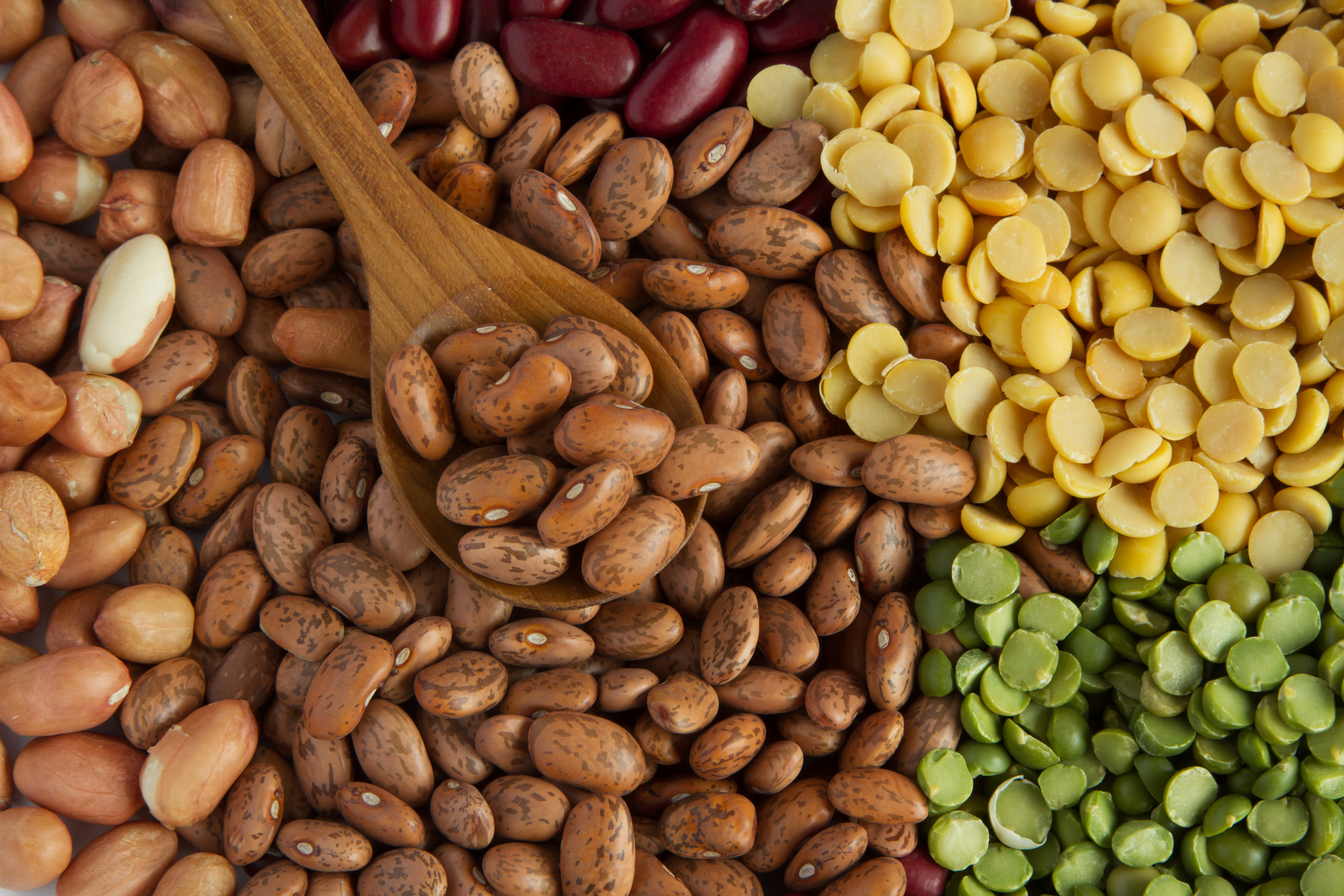
Protein is an essential macronutrient that helps repair body tissues and supports immune function. When you're on the go, opt for portable protein sources like nuts, seeds, and protein bars. Be sure to check the labels for added sugars and unhealthy fats.
The Role of Carbohydrates
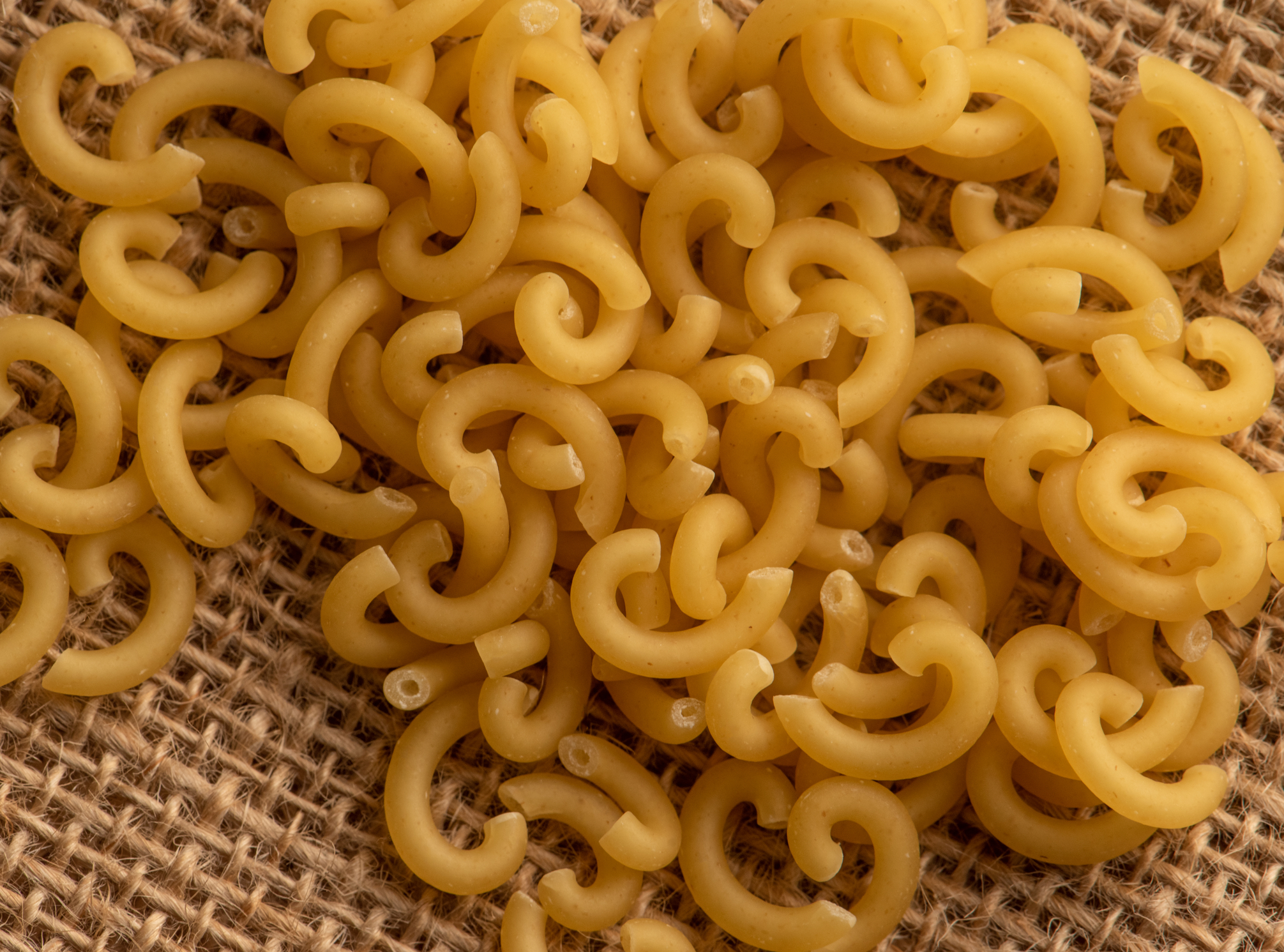
Carbohydrates provide the energy your body needs to function. Choose complex carbs like whole grains, fruits, and vegetables. These foods are packed with fiber, which keeps you feeling full and helps regulate blood sugar levels.
Don't Forget the Fats
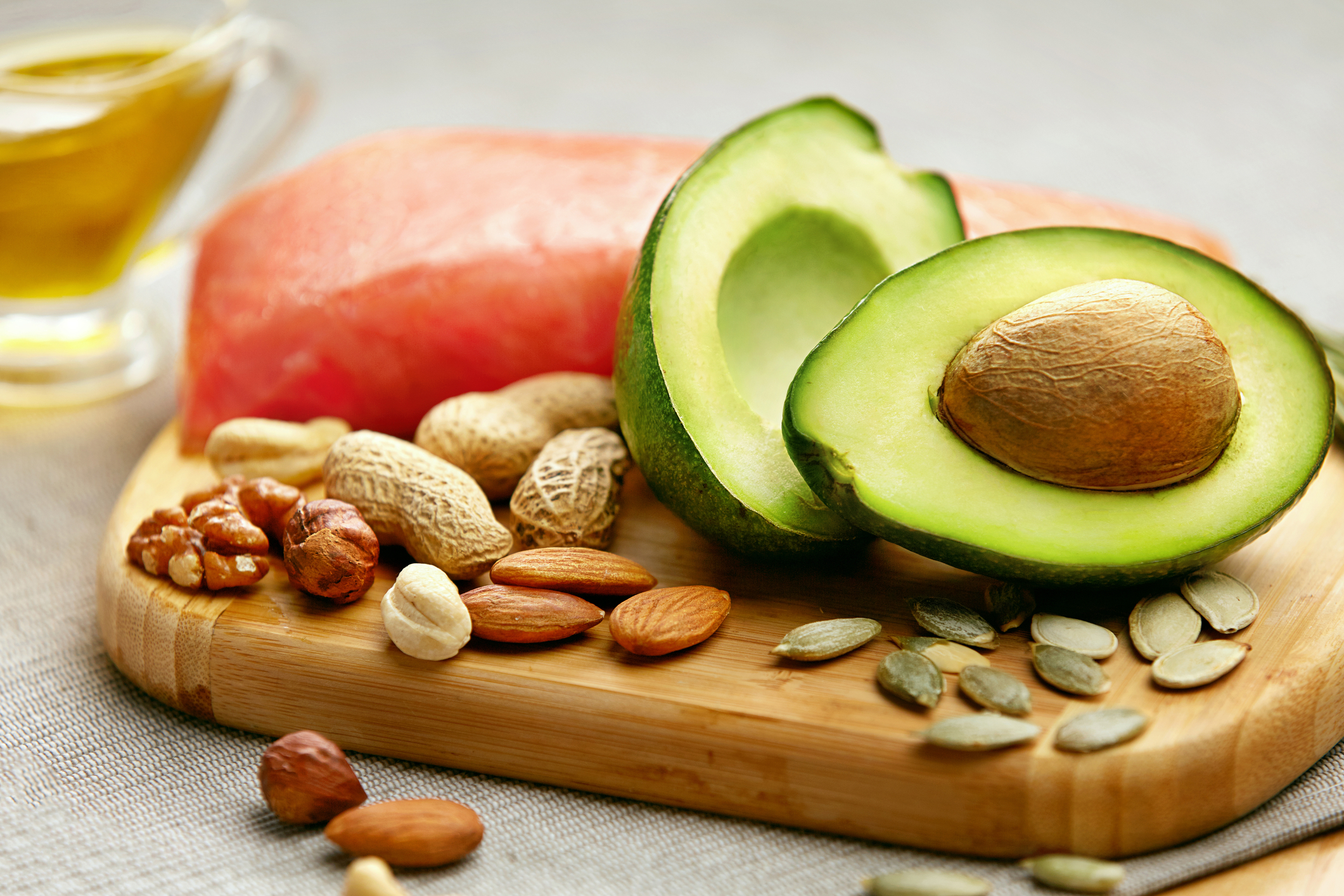
Fats are often demonized, but they're crucial for brain function and hormone production. Opt for healthy fats from sources like avocados, nuts, seeds, and olive oil. Avoid trans fats and limit saturated fats.
Vitamins and Minerals
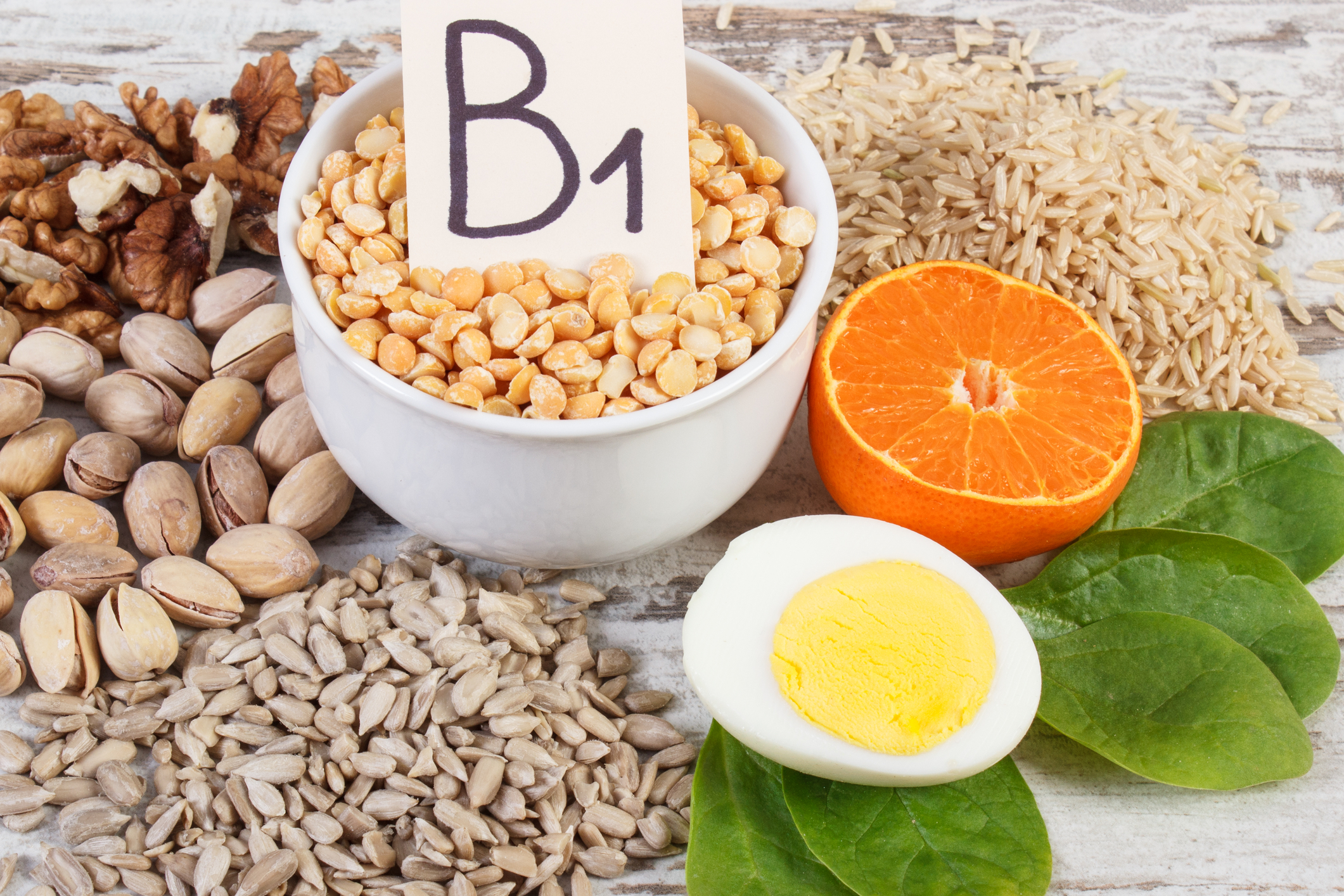
Vitamins and minerals support a range of bodily functions, from bone health to immune function. Carry fresh fruits and vegetables, or consider a multivitamin supplement if your diet lacks variety.
Meal Planning
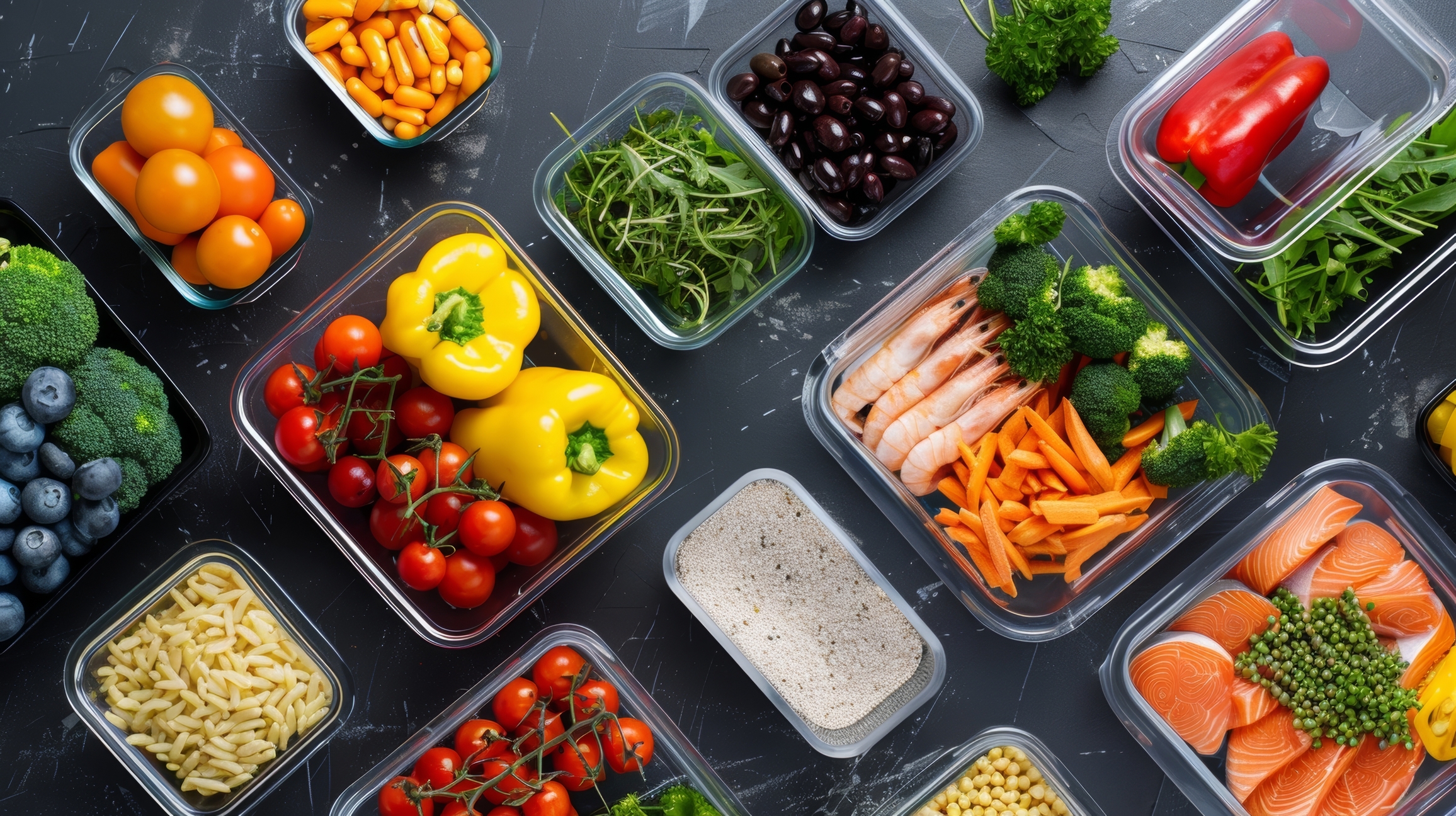
Planning meals ahead of time can help ensure you're getting a balanced diet, even when you're busy. Try batch cooking and portioning meals into individual containers for grab-and-go convenience.
Healthy Snacking
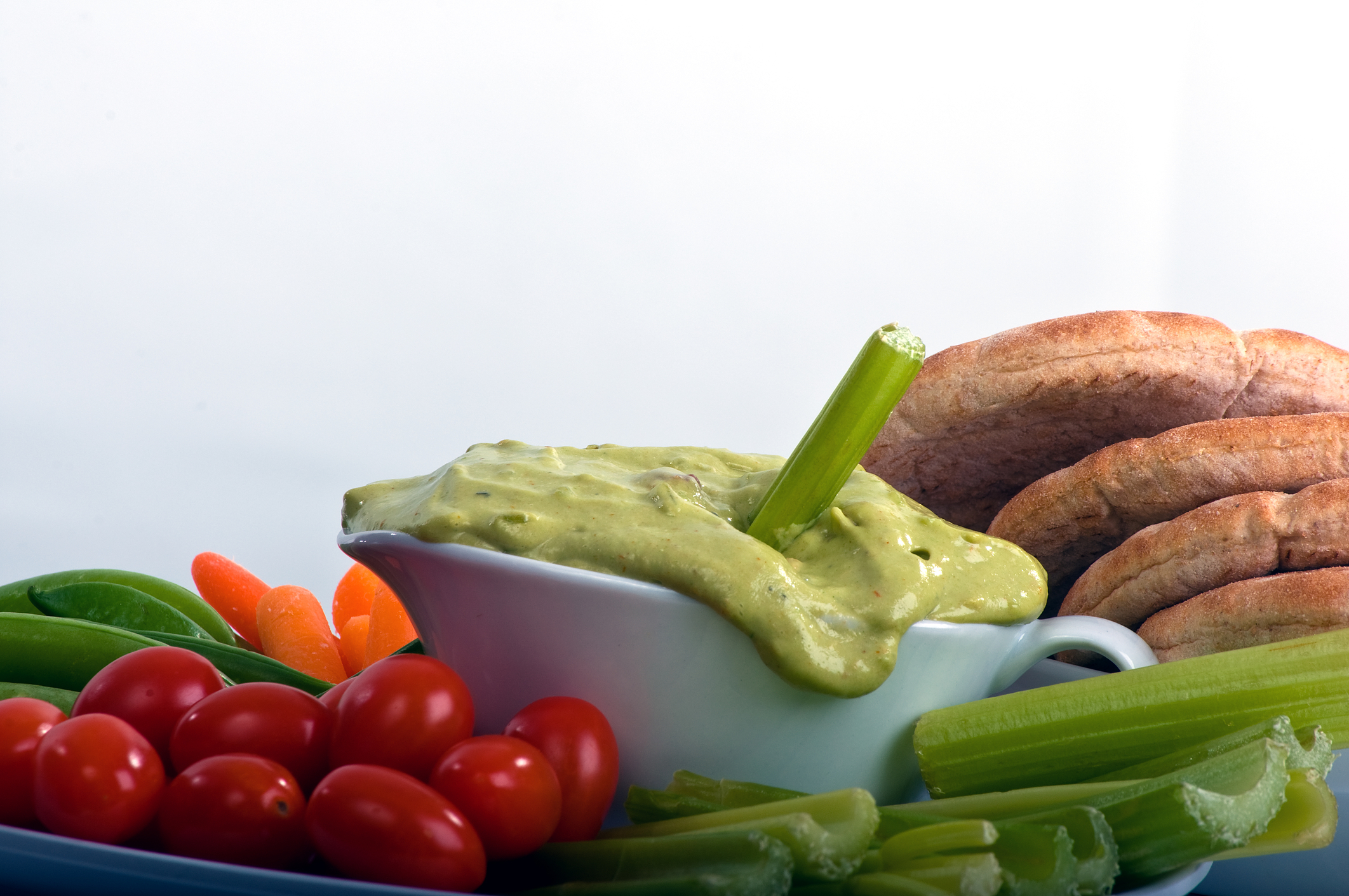
Snacking can help keep your energy levels steady throughout the day. Opt for nutrient-dense snacks like nuts, seeds, and fresh fruits. Avoid snacks high in added sugars and unhealthy fats.
Eating Out Healthily

Eating out doesn't have to mean abandoning your diet. Choose restaurants that offer healthy options, and don't be afraid to ask for modifications.
Physical Activity and Nutrition

Physical activity and nutrition go hand in hand. Regular exercise can help regulate your appetite and make you more attuned to your body's nutritional needs.
Mindful Eating
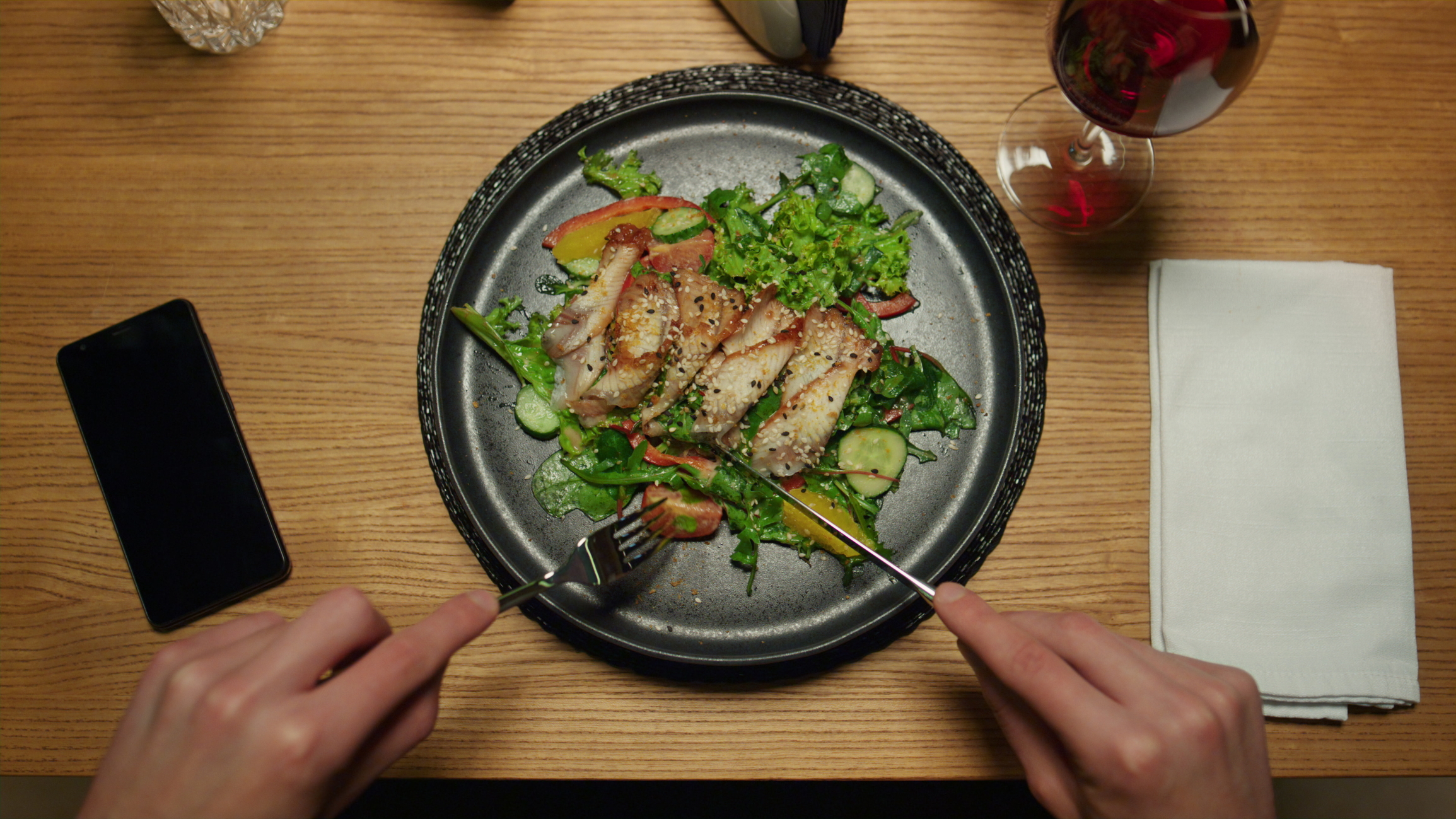
Mindful eating involves paying attention to your hunger and fullness cues, and eating without distraction. This can help prevent overeating and promote a healthier relationship with food.
Dietary Supplements

Dietary supplements can be a useful tool for filling nutritional gaps, but they shouldn't replace a balanced diet. Consult a healthcare professional before starting any supplement regimen.
The Impact of Sleep on Nutrition
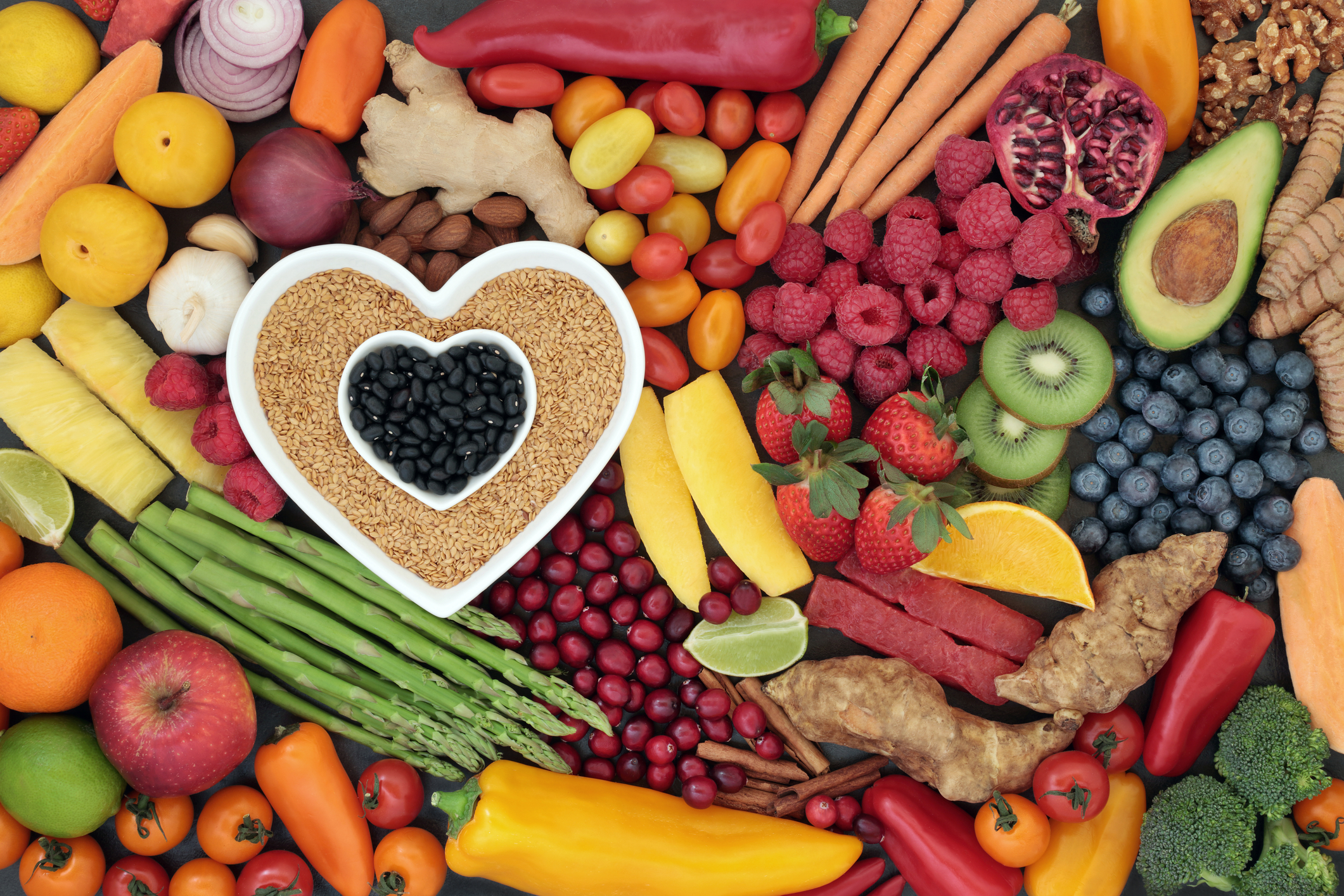
Sleep affects your metabolism and appetite hormones. Getting enough sleep can help prevent overeating and cravings for unhealthy foods.
Alcohol and Nutrition

Alcohol can interfere with nutrient absorption and increase your calorie intake. If you choose to drink, do so in moderation and opt for lower-calorie options.
Nutrition for Special Dietary Needs
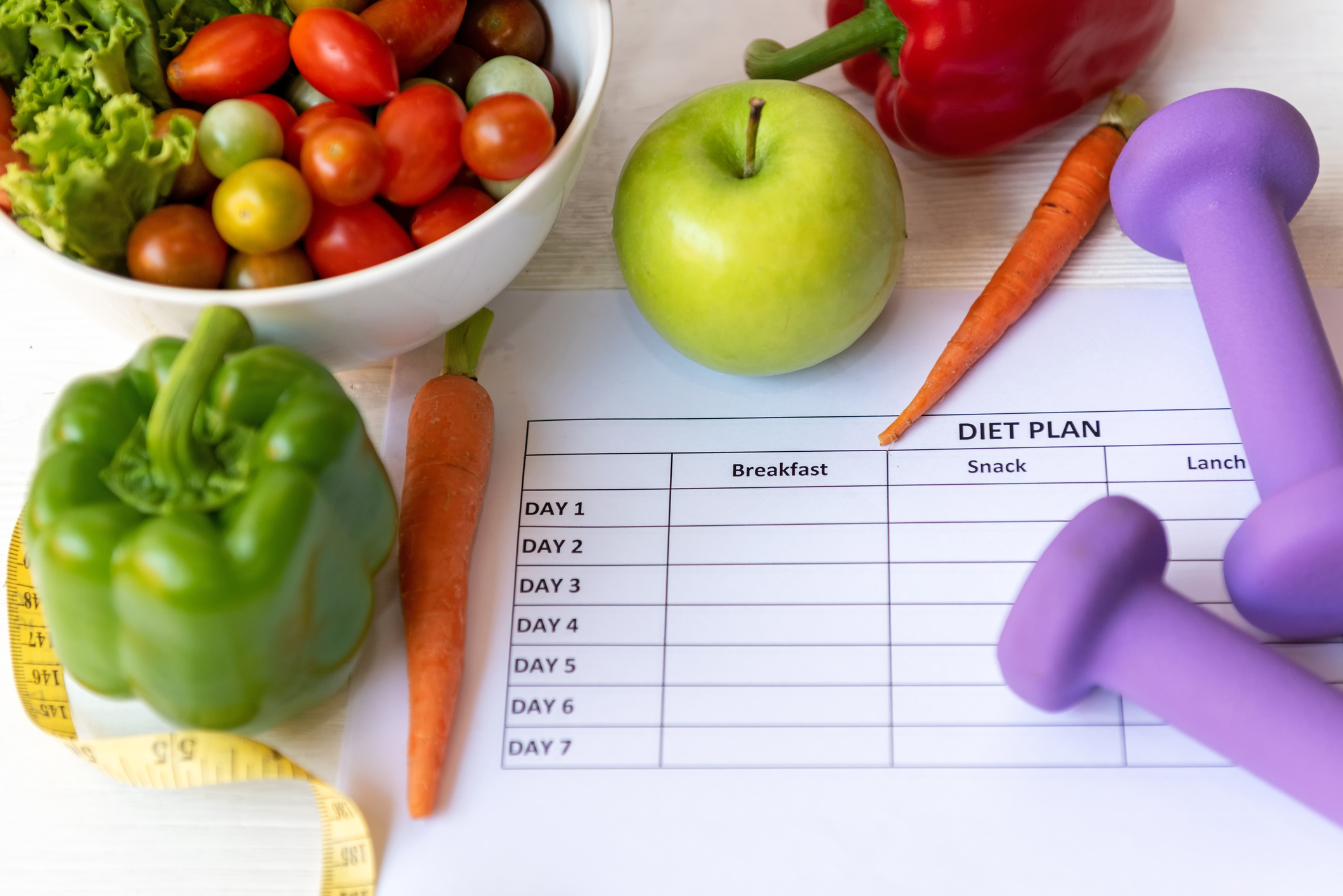
If you have special dietary needs, such as food allergies or a chronic condition, consult a dietitian. They can help you navigate your nutritional needs while on the go.
Maintaining a healthy diet while on the move is a challenge, but with the right knowledge and strategies, it's possible. Remember, the journey to good nutrition is a marathon, not a sprint. Take it one step at a time, and don't be too hard on yourself if you stumble. The most important thing is to keep moving forward.








